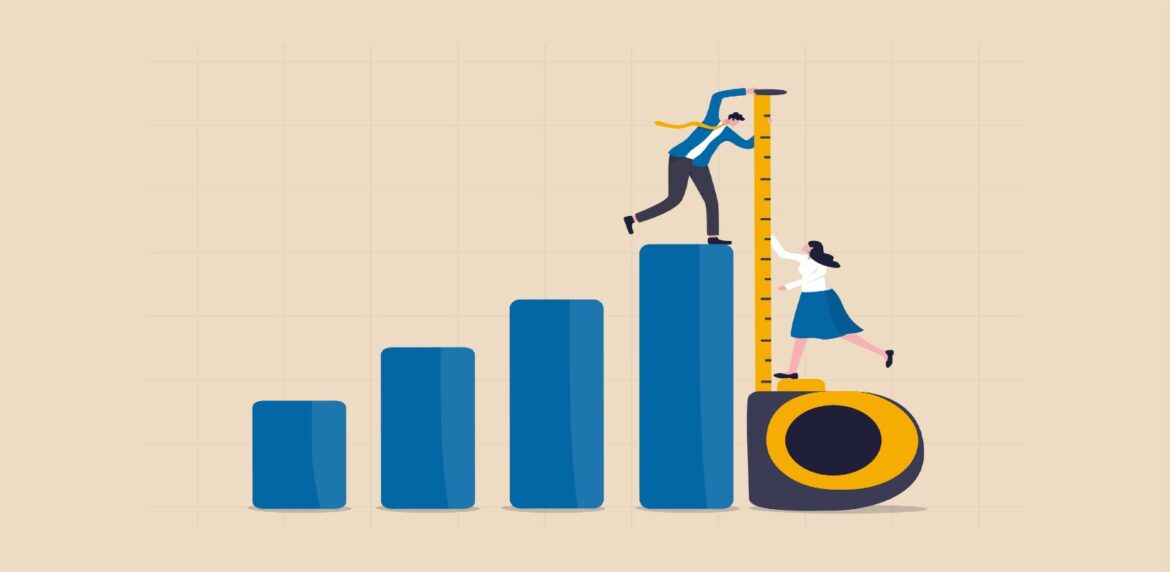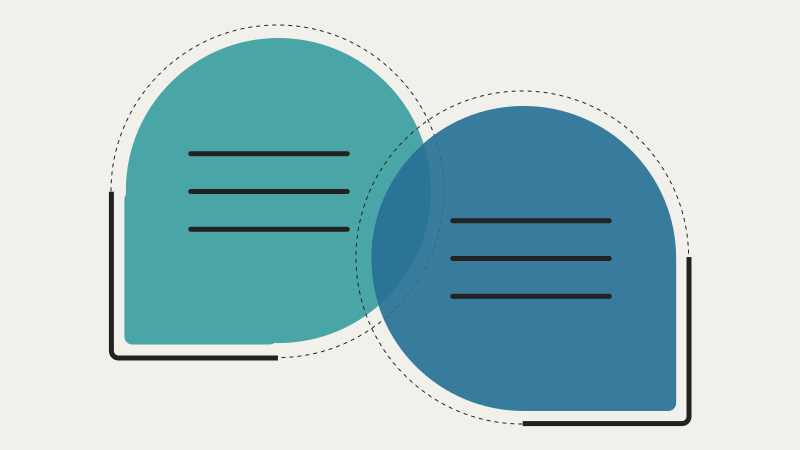
Here are three misconceptions about metrics:
- Metrics are just for big businesses.
- Metrics have confusing acronyms (CLV, CAC, CPV, etc.), and only big businesses can understand them.
- Tracking and analyzing metrics is expensive, and only big businesses can afford to do this.
None of the above is true!
Website metrics, in particular, are valuable for nonprofits, colleges, and small businesses that want to track the people who visit their sites. You, too, can use metrics to improve website performance and move visitors through your sales and marketing funnels.

Get in touch to talk to us about your project or ideas.
Let’s ChatHere are three reasons why everyone (including you) should be tracking website metrics:
1. Learn More About Website Visitors
Key metrics provide unparalleled intelligence about your website and the people who visit it. For example, you can identify the location of visitors through their IP addresses and then use this information to target specific segments in different geographical areas. Say you want to see which countries or states generate the most traffic to your site. Metrics will tell you! Say you want to create a marketing campaign that targets visitors in a particular country or state. Metrics will help you!
But that’s just the start of it.
Metrics provides a 360-degree view of all the people who visit and interact with your website. Learn how long visitors browse your site, which pages receive the most traffic, and how long it takes for a visitor to get a particular page or complete a specific action like signing up for your mailing list or purchasing a product from your online store. Who knew tracking metrics could be so useful?
2. See How Effective Your Website Is
You might think you have a great website, but the people who visit it might disagree! Say it takes too long for a particular page to load. Or a page doesn’t display correctly on a smartphone. You can identify these issues by tracking metrics like bounce rate—the number of people who hit the ‘back’ button on their browser, which suggests there’s something wrong with your website.
Here are some other metrics you can track to see how good (or bad!) your website is:
- Number of visitors who browse your site in a specific period
- Average page views per session
- Average time on page
- Top traffic sources
- Session duration
- Interactions per visit
- Website accessibility metrics
3. Make Changes to Your Website
One of the best reasons for tracking website metrics is that you can take all the information you learn and use it to improve your site:
- If slow-loading pages are causing a problem for visitors, you might want to clean up your website’s code or invest in a new server.
- If a lack of engagement is the issue, you might want to create compelling new content that keeps people on your site for longer.
- If not enough traffic is coming from a particular geographical area, you can create a new marketing campaign that drives visitors from that area to your site.
You will also learn if you need to redesign your website from scratch or modify your existing design.
Final Word
Non-profits, colleges, and small businesses can use metrics to track performance, productivity, production, and profitability. Metrics help you make smarter decisions, identify future risks, and drive your organization forward. Metrics are almost always good, so don’t knock something unless you’ve tried it!
Further reading and resources: